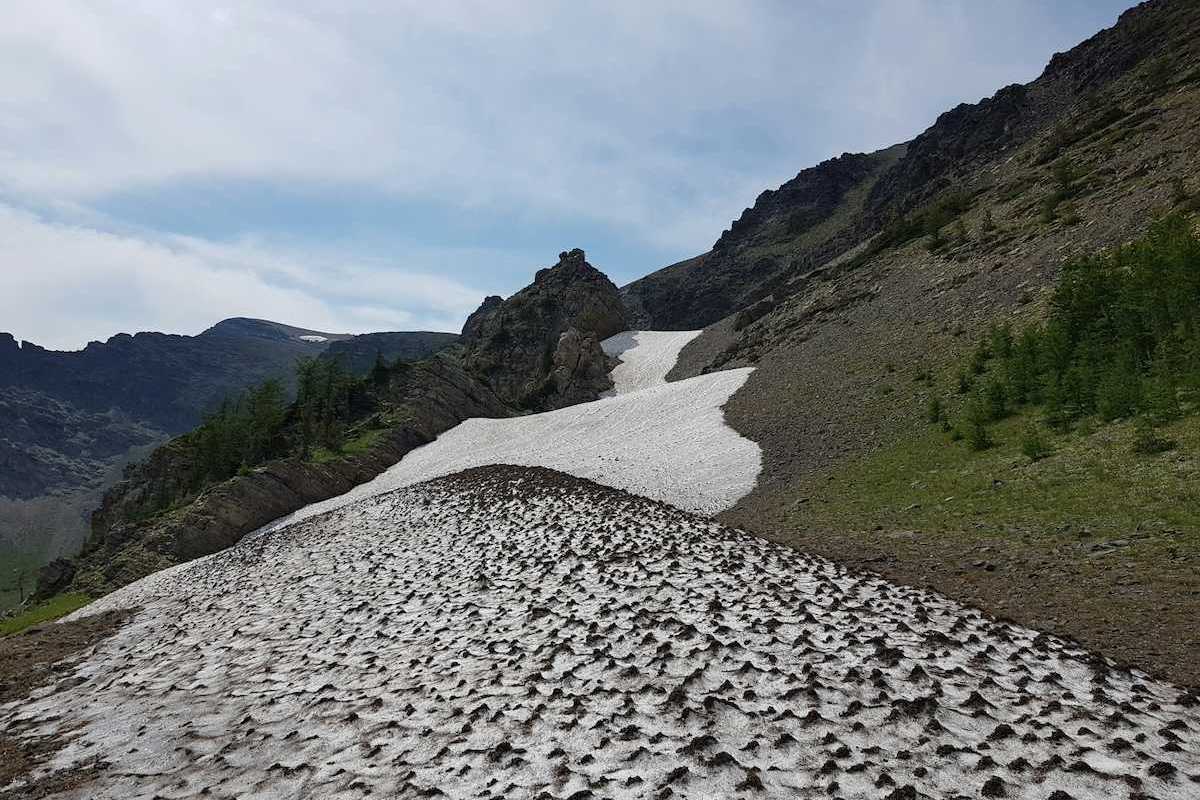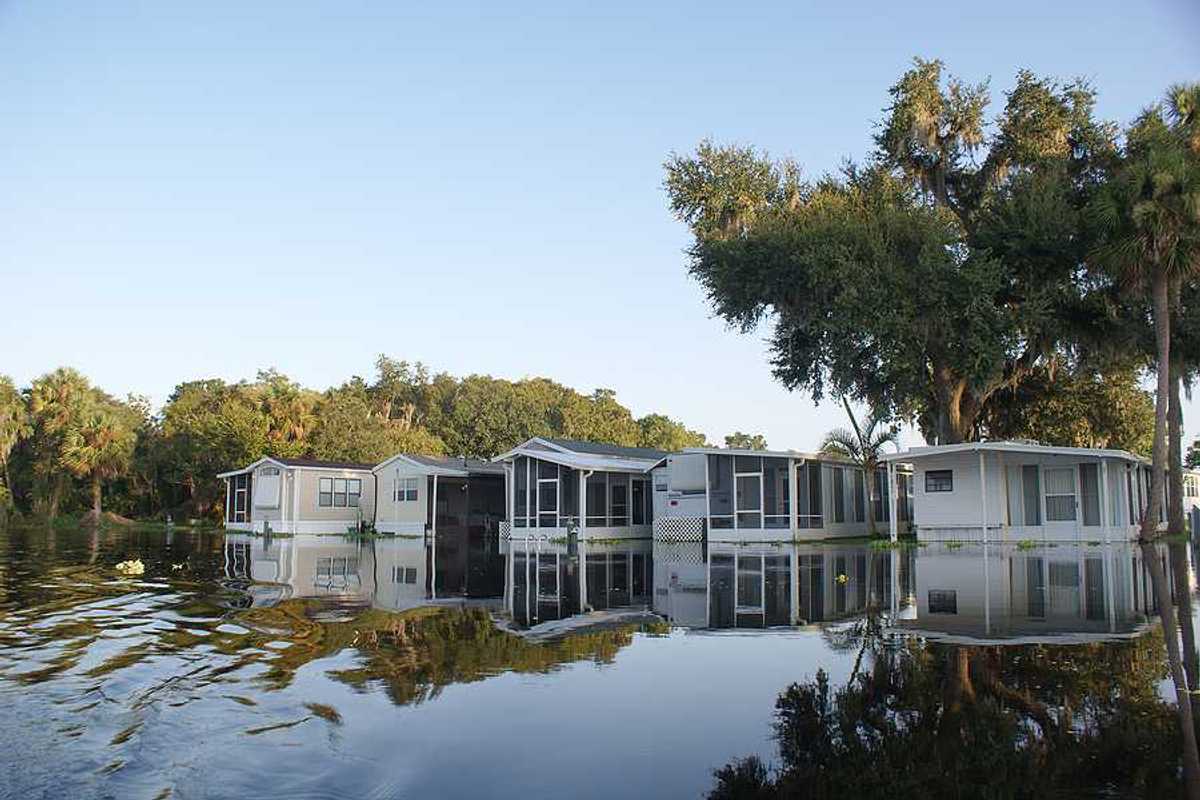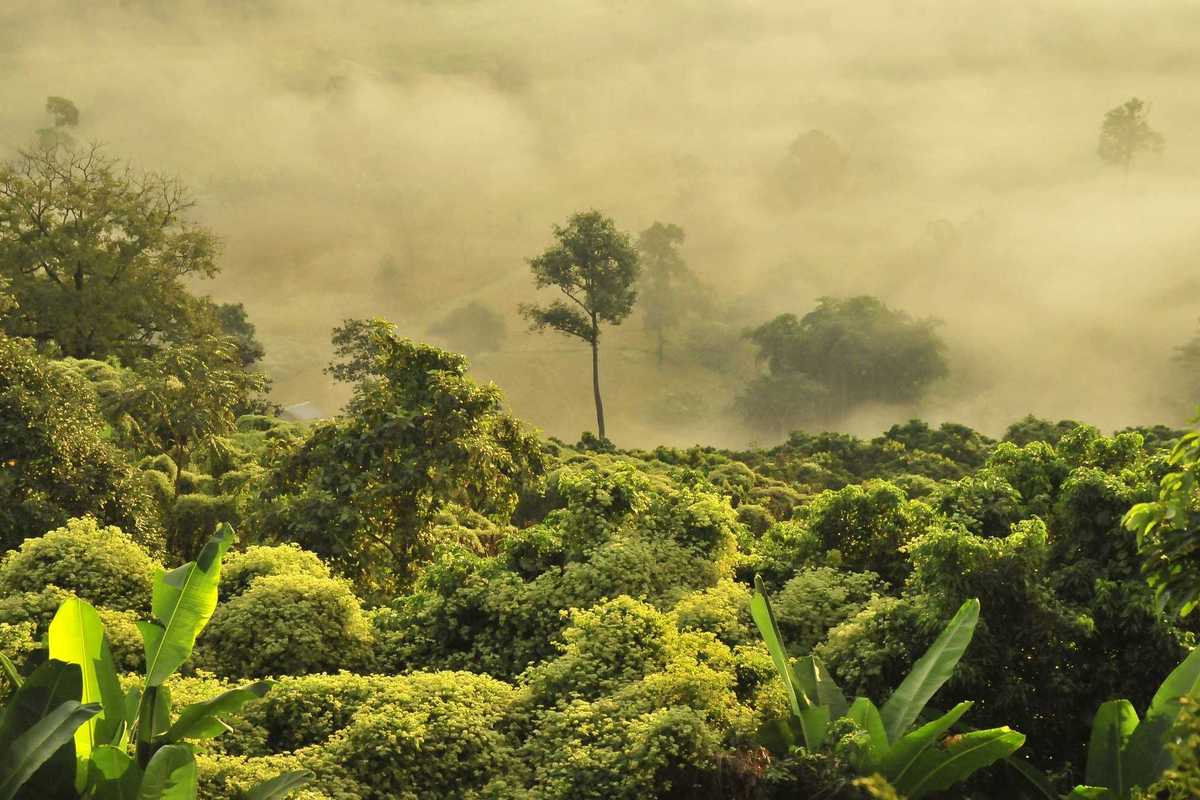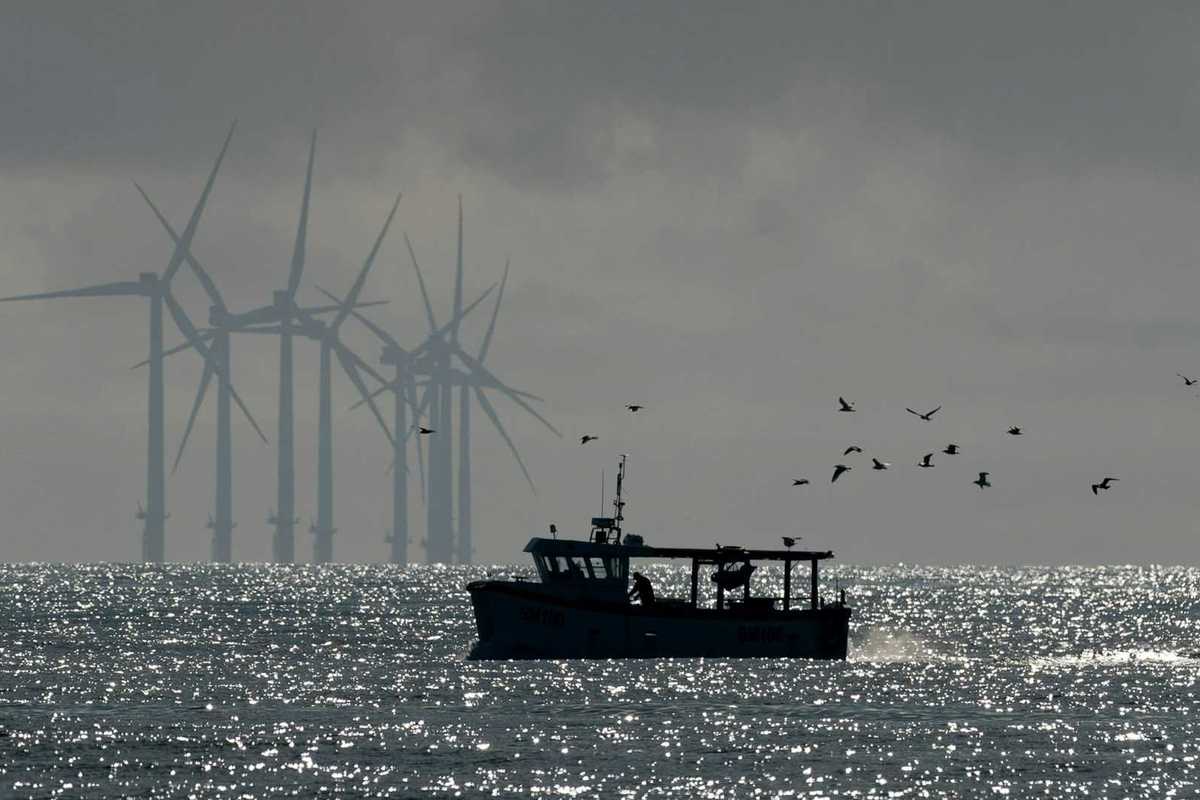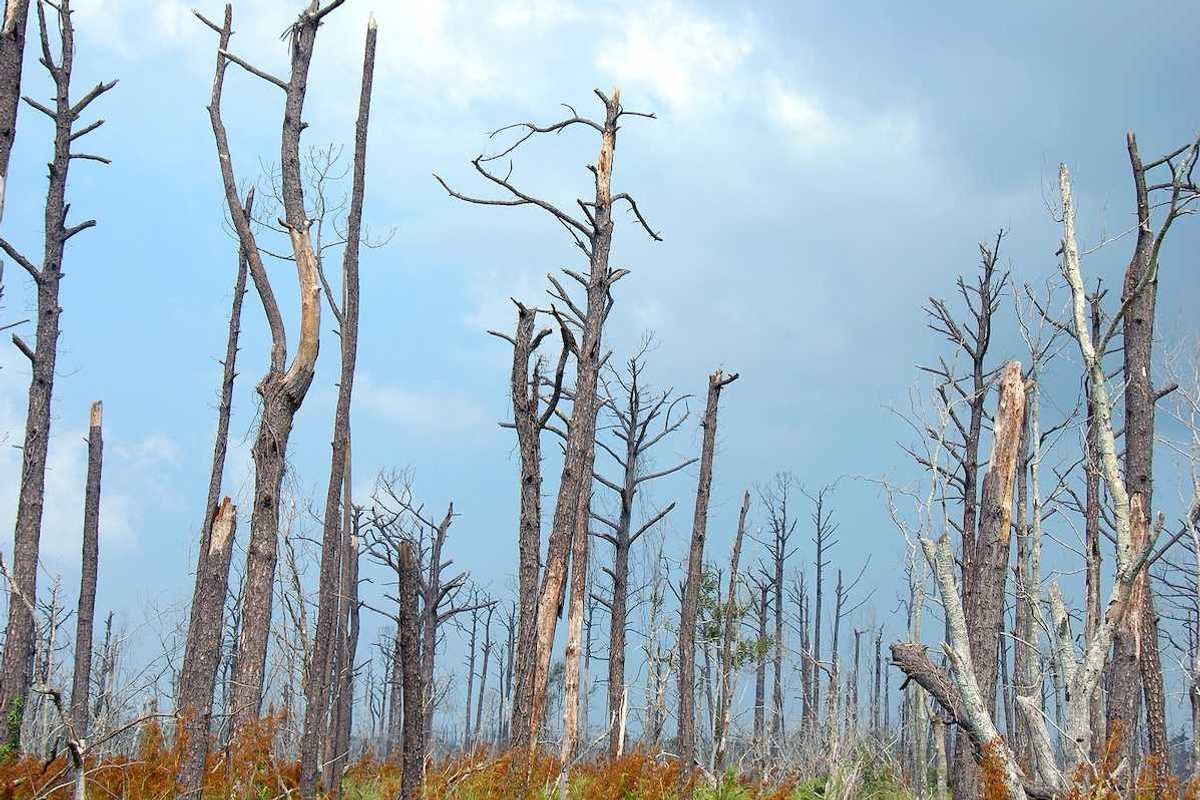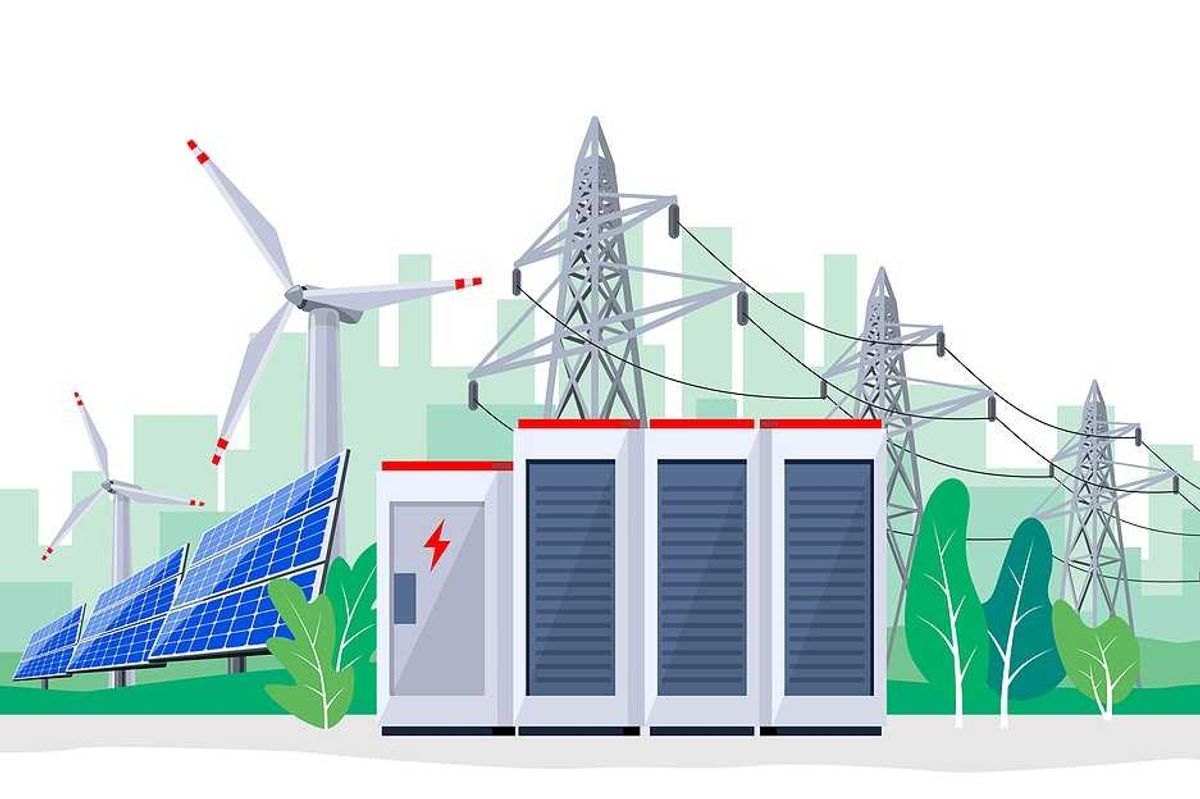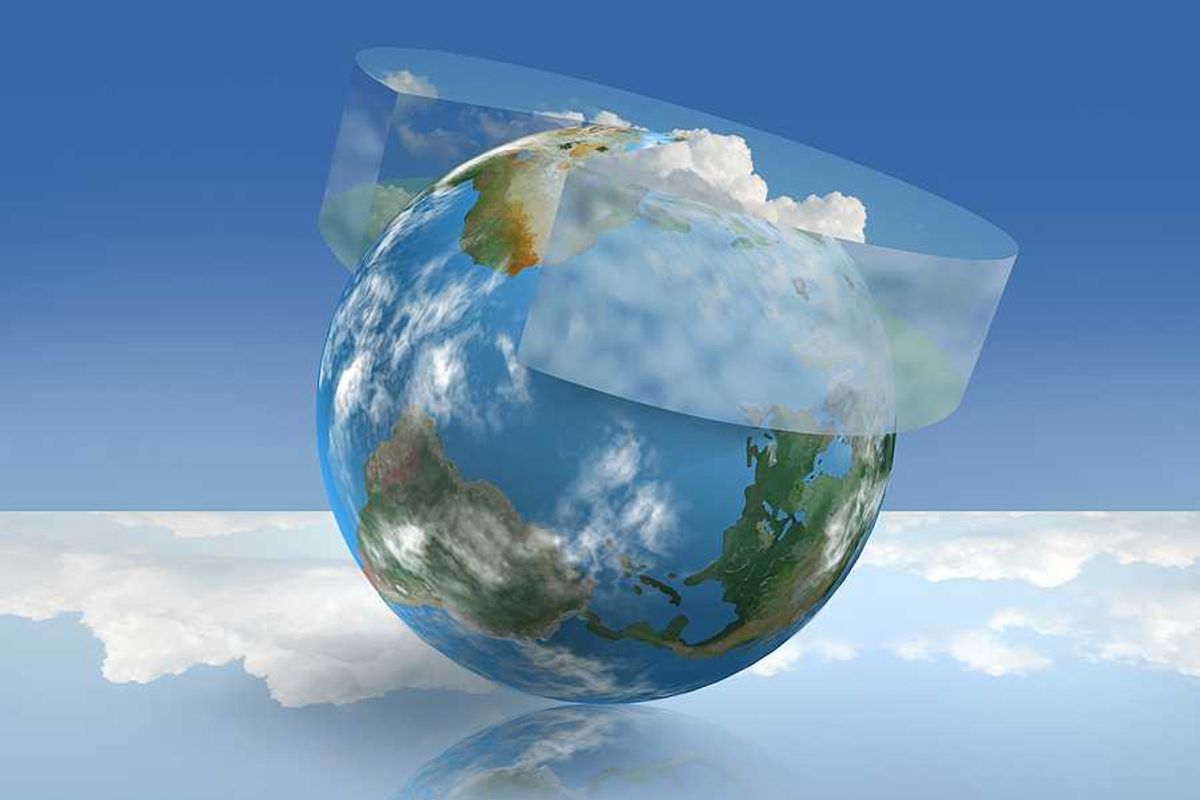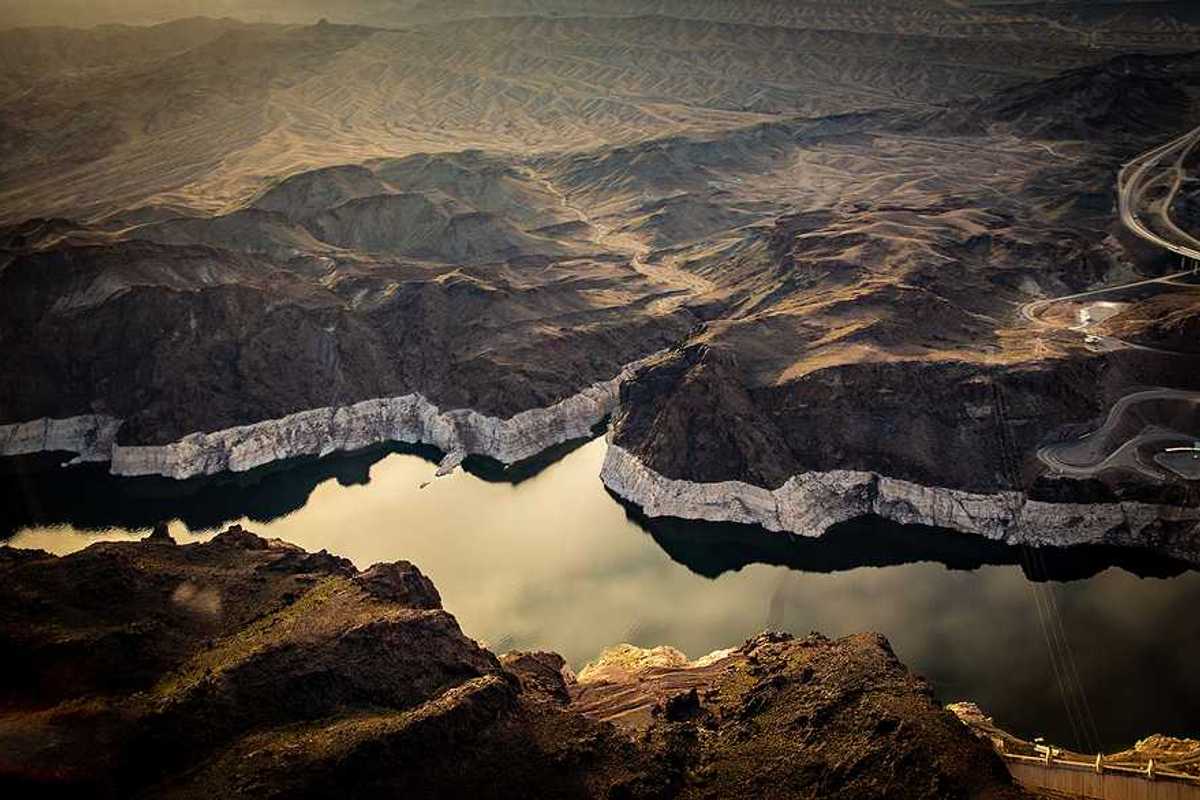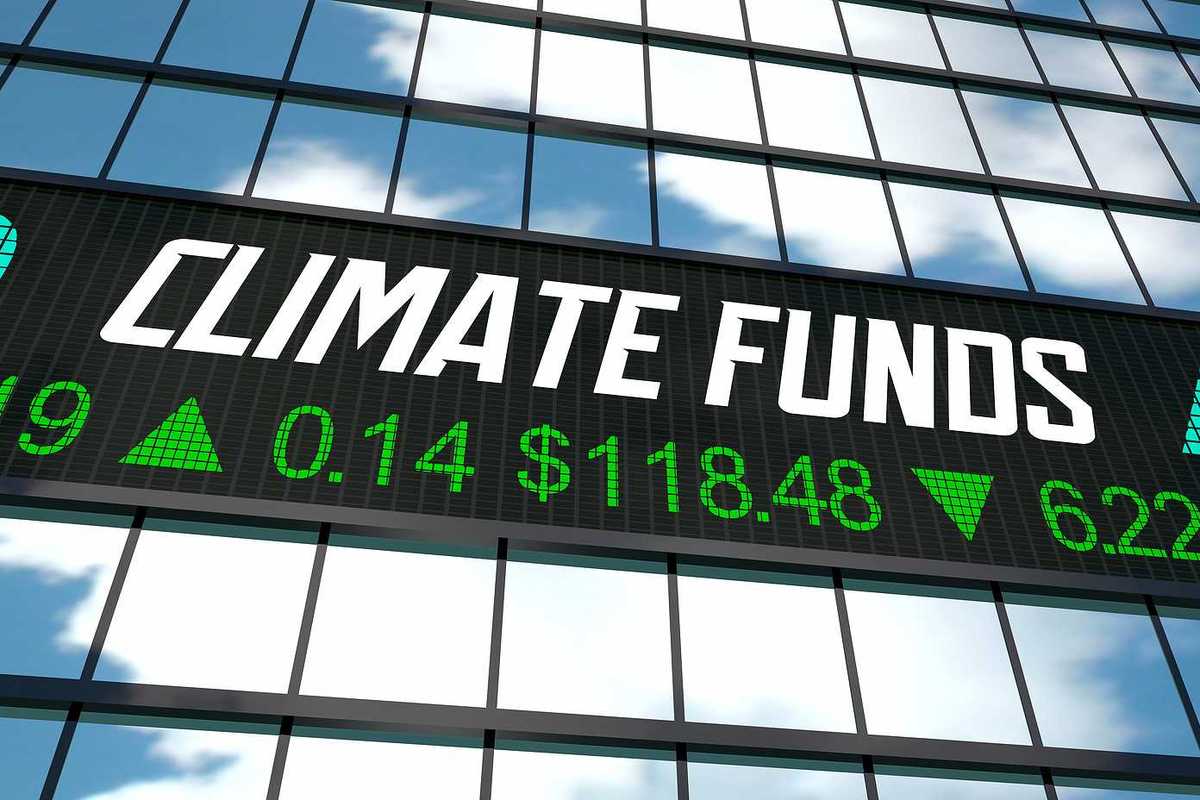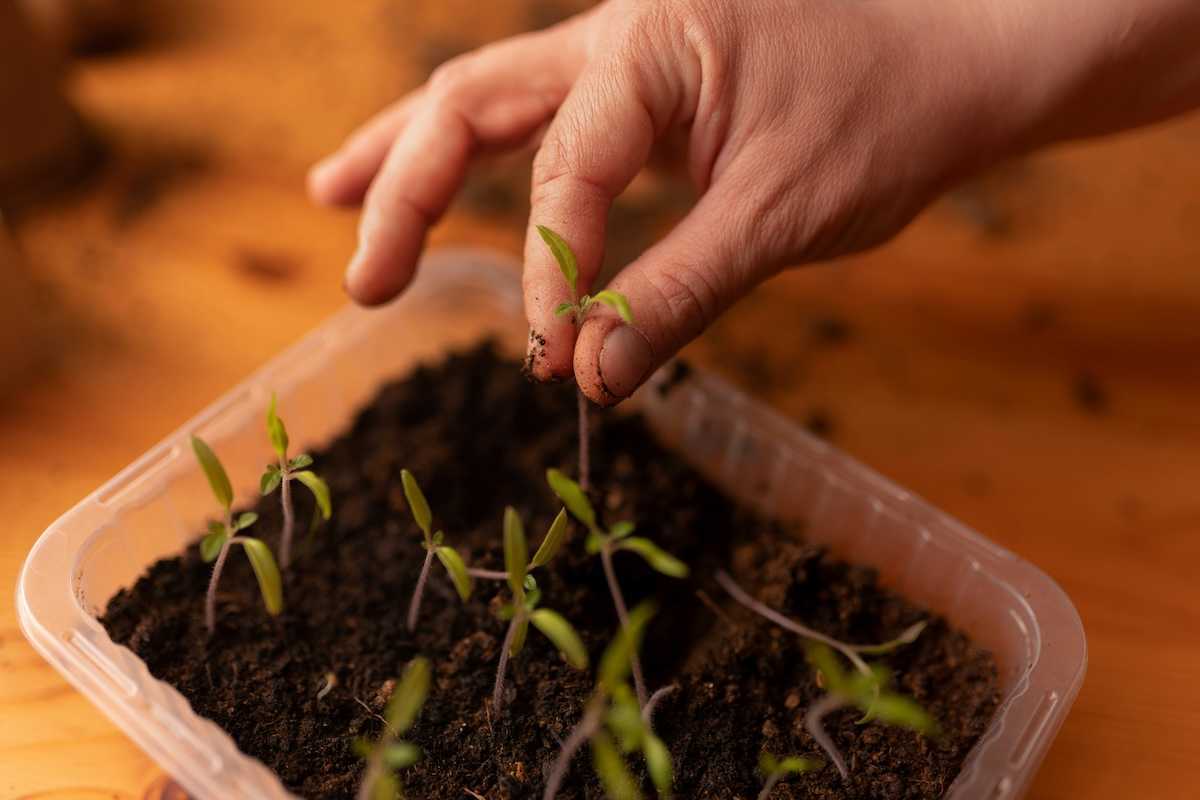Without snow in the mountains, the places that depend on the West’s rivers will hurt for water.
Resilience
Advisory board member says adapting is ‘not rocket science’ but Europe already paying price for lack of preparation.
Ron DeSantis is slashing government spending, but the Sunshine State can’t afford to abandon its climate adaptation fund.
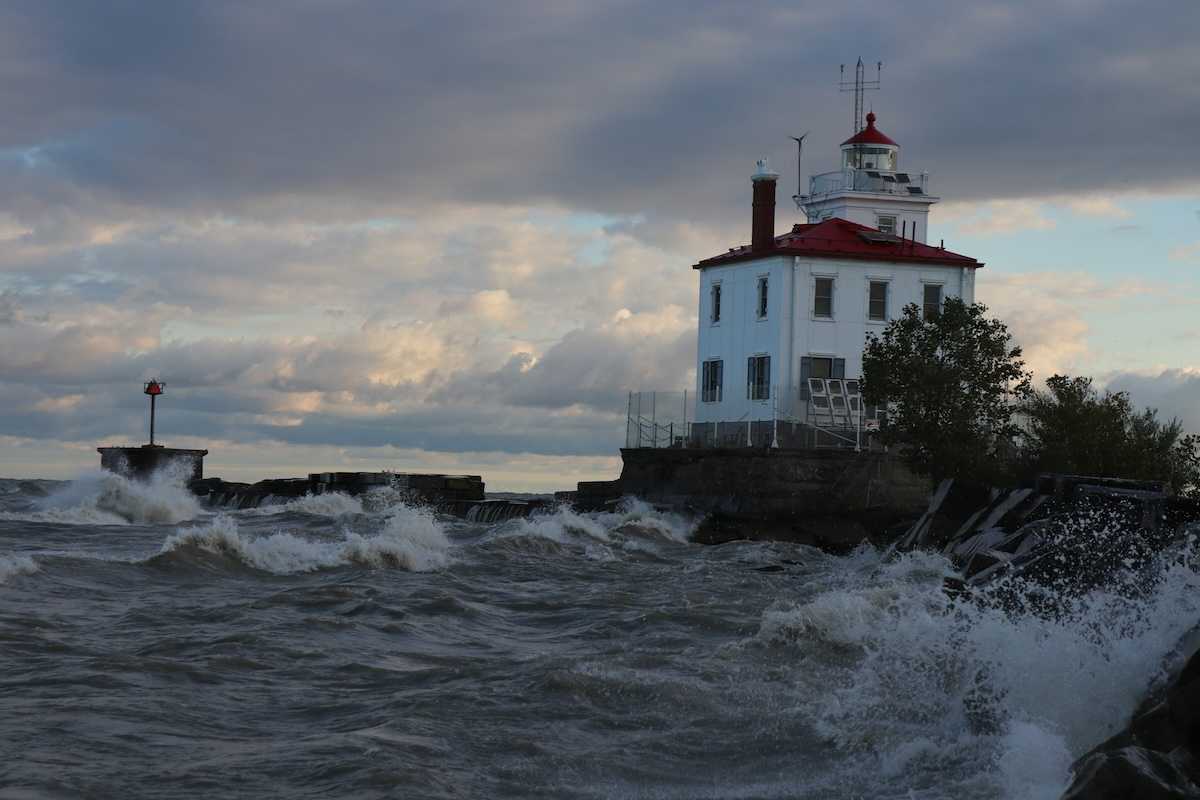
Lake Erie’s storm surges become more extreme
17 February
Officials are designing new ways to protect the shorelines from sudden flooding and longer storm seasons.
A sweeping scientific review finds that forests regulate temperature, stabilize water cycles and reduce heat-related risks in ways that directly protect human well-being.
America’s two utility-scale offshore wind farms performed as well as gas power plants and better than coal in January — including during Winter Storm Fern.
In the wetlands of coastal southeast Louisiana, conservation groups are wrapping up a four-year project to plant 30,000 trees.
The company, long focused on cars and trucks, plans to begin manufacturing large batteries used by utilities, data centers, other businesses and homeowners.

Planning for disaster? Consider Haida wisdom
12 February
A BC climate risk report highlights the connectedness of all things and sounds an alarm.
Russia continues to bomb Ukraine’s fossil-fueled power plants, leaving much of the nation shivering during a brutal winter. But Ukraine's new emphasis on developing decentralized power — from solar panels to wind turbines — is advancing an unexpected green energy transition.
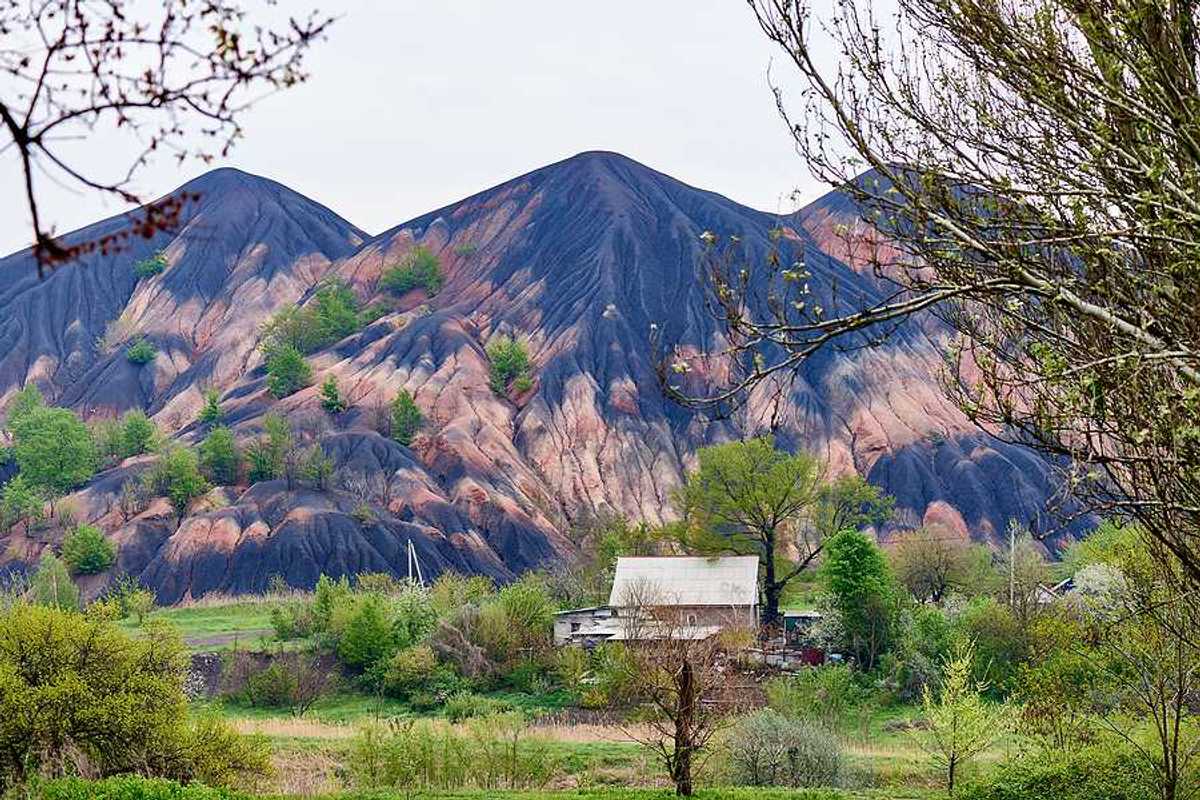
A coal town reborn
06 February
Once synonymous with mining, this northern French town has become a model for how to sustainably transition away from fossil fuels.
As the climate crisis intensifies, interest in solar engineering is increasing, including among private companies and investors. But the technique is controversial and lacks regulation.
With another federal deadline only weeks away and record-low snowfall further drying out the watershed, states have begun talking about whether they are prepared for litigation.
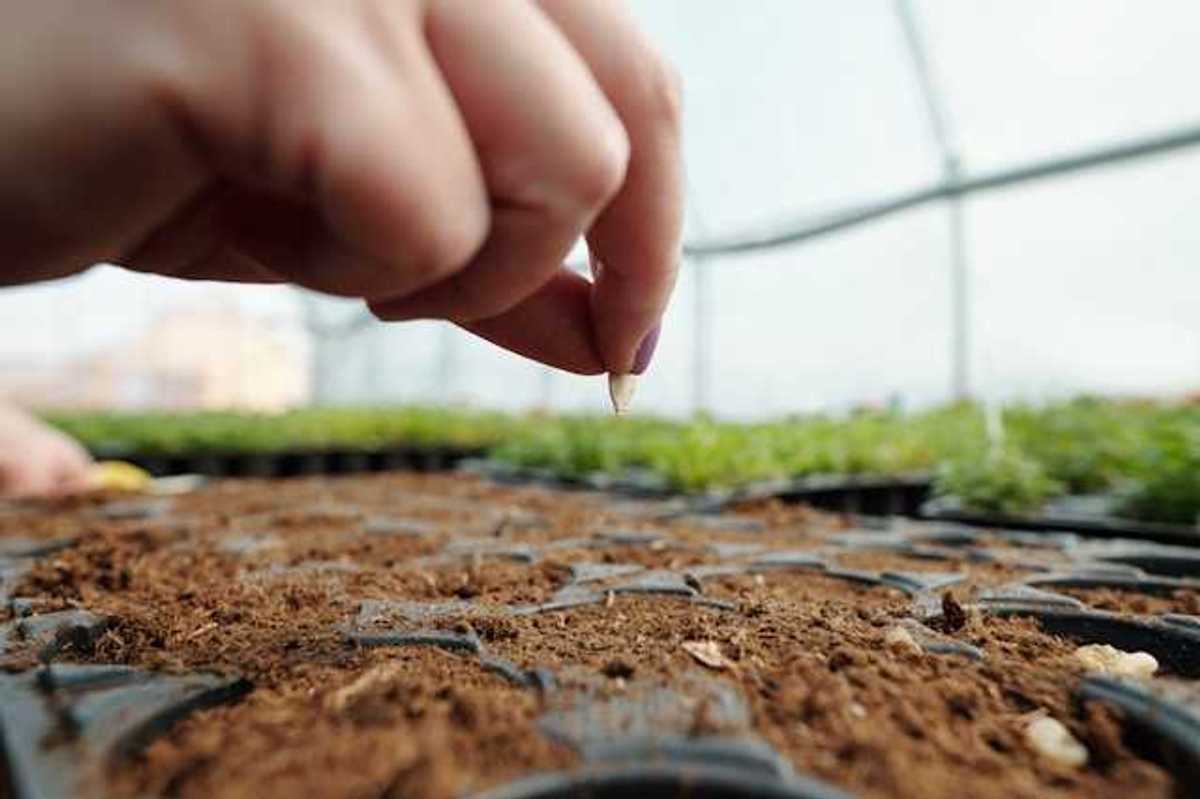
The US farmers saving Palestinian seeds
03 February
More than 40 growers nationwide are working to preserve heirloom seeds, along with the history, tradition, and identity they contain.
The fight over control of the Federal Reserve has revolved around interest rates and inflation, but President Donald Trump’s choice to be the bank’s next chair could sway how the agency assesses climate risks, too.

The West’s water war arrives in Washington
02 February
The Trump administration’s hands-off approach to the fight over the Colorado River has left states careening towards a crisis — and it's not clear that Interior Secretary Doug Burgum can turn them around.
Framework Convention on International Tax Cooperation could also force ultra-rich to pay global wealth tax.
Tucked away in a remote desert town, a hidden vault safeguards Chile's most precious natural treasures. From long-forgotten flowers to endangered crops.
Journalism that drives the discussion
Copyright © 2017 Environmental Health Sciences. All rights reserved.
Copyright © 2017 Environmental Health Sciences. All rights reserved.

